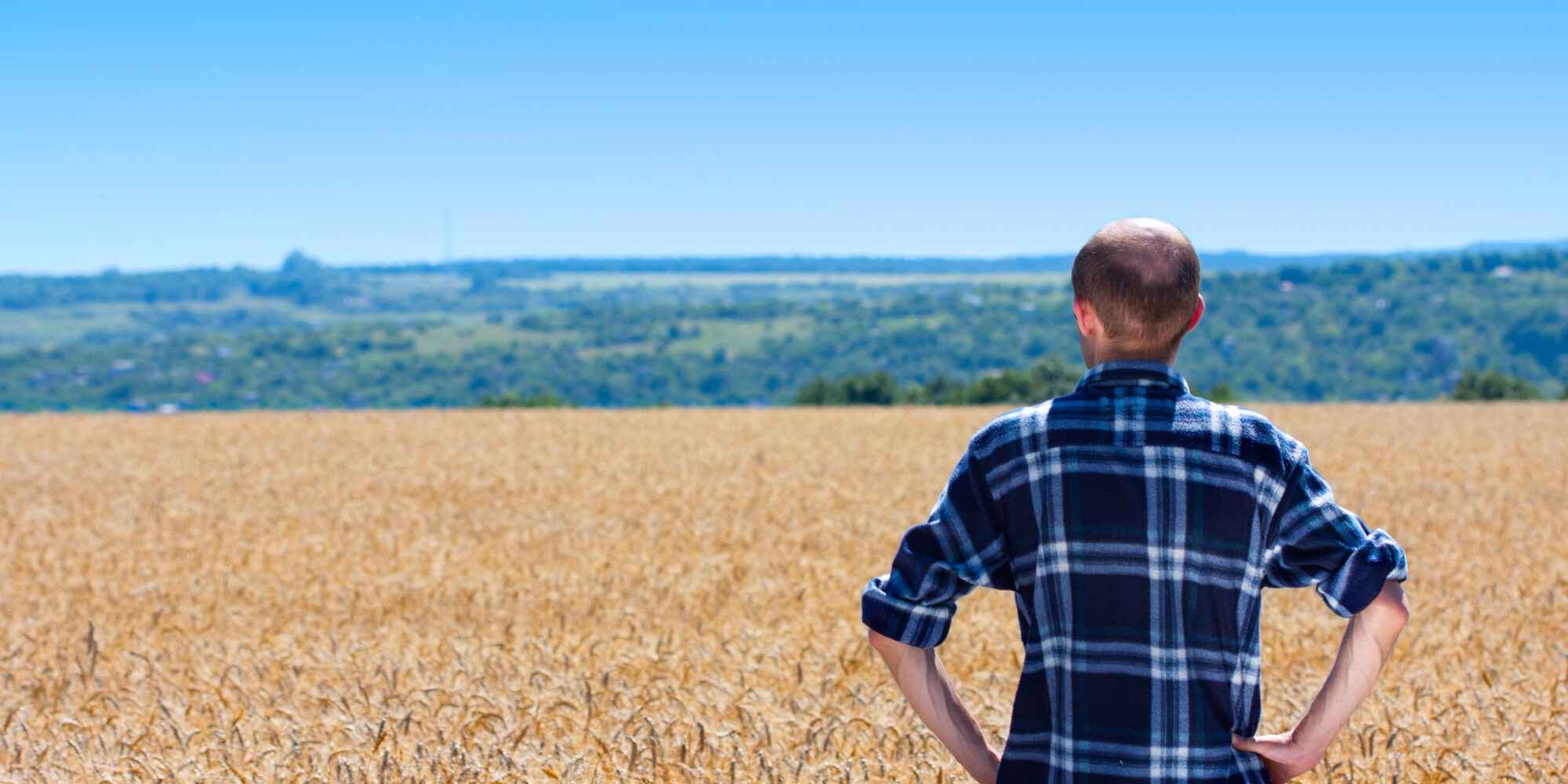
Research will help farmers with substance abuse problems
Author
Published: 21 September 2021
Last updated: 30 September 2021
Contact persons
Research areas
Share article:
What are the best measures to help farmers deal with substance abuse problems? Researchers will investigate this in a new project.
Studies show that farmers have poorer mental health than other groups in the population, and that their mental health has deteriorated in recent years. Male farmers are less likely to seek health and medical help for anxiety, alcohol problems and drug use than other men, according to research in countries comparable to Norway. The reasons are several and complex.
Finding and evaluating measures
We will provide an overview of what services are available for people who are addicted to drugs or gambling, or are about to get an addiction problem, and how they work for farmers and agricultural workers. The purpose is to identify what characterizes the best measures, and how the existing ones can be improved. Proposing new measures is also on the agenda, says Ruralis researcher Aina Winsvold.
She will lead the project, ‘Drug and addiction problems in agriculture, prevention, management and treatment’. In addition to Ruralis, the National Expertise Centre for Agricultural Health, the Akan Competence Centre, the Farmers’ Association and the Norwegian Agricultural Advisory Service are participating in the three-year project, which is under the aegis of the Blue Cross and has received NOK 1.4 million from DAM-Stiftelsen.
Adapted to the life of the farmer
Working for prevention and treatment for farmers will require methods – to a greater extent than today – adapted to farmers’ way of life and work situation. Farmers are self-employed and work alone. They have fewer colleagues who can assist when needed or to express concern if something is amiss.
Farmers will usually have relatively long distances to travel to preventive talks or treatment. In addition, they have a less clear dividing line between work and leisure, with work tasks that must be performed every day. In such circumstances, it is difficult to leave the duties on the farm – not least if the farmer has animals. In order to be able to devise measures for the target group, the researchers need more knowledge about the factors that influence farmers’ choices and opportunities.
Mapping the therapists’ experiences
We want more knowledge about the extent of drug use and gambling addiction among farmers. Therefore, we will map the experiences the municipalities, the specialist health service and the voluntary sector have from working with this group. Both prevention and treatment will be in focus. It is important that farmers and agricultural workers are empowered to prevent and deal with problematic use, says Brit Logstein from the National Expertise Centre for Agricultural Health at the Department of Occupational Medicine at St. Olavs Hospital, and that they know where to seek help and treatment.
Facts
- Alcohol use is one of the most important risk factors for the loss of healthy life years in the population, and is the cause of social problems and injuries for others as well as for the user. According to Statistics Norway, the general use of drugs is equally distributed between urban and rural areas in Norway.
- Although the use of prescription sleeping pills today is equally dispersed between densely populated and sparsely populated areas, in recent years it has increased sharply in the latter. Between 2018 and 2020, sleeping pill intake rose from 6 to 11 per cent of inhabitants in thinly populated areas compared with 9 to 11 per cent in densely populated localities.
- There are different definitions of substance abuse, but problematic use can be defined as when it goes beyond tasks in the family or at work, when use has a negative effect on relationships, and when the use of drugs has health consequences.
DAM- Stiftelsen is one of Norway’s largest foundations and provides money for health and research projects that will enable better health through participation, activity and self-mastery for people in Norway.
Read more about the project at Rus og avhengighetsproblematikk i landbruket – Blå Kors Lade Behandlingssenter (blakors.no)
Author
Published: 21 September 2021
Last updated: 30 September 2021

